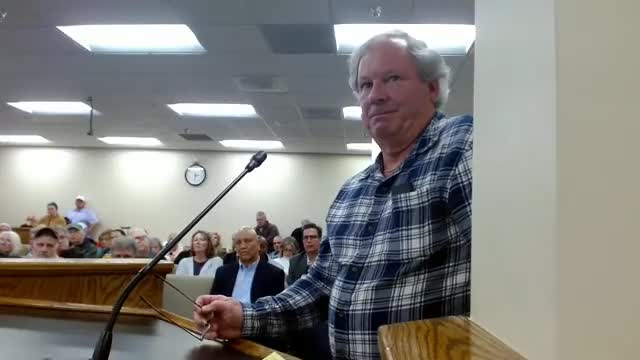Article not found
This article is no longer available. But don't worry—we've gathered other articles that discuss the same topic.
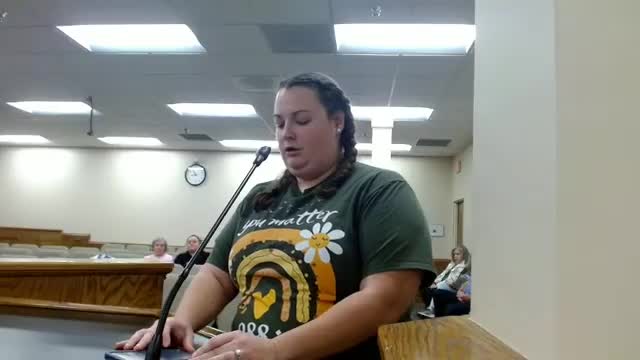
Commission approves future‑land‑use changes for townhome site but denies rezoning to R‑6 after finding plan fails some R‑6 standards
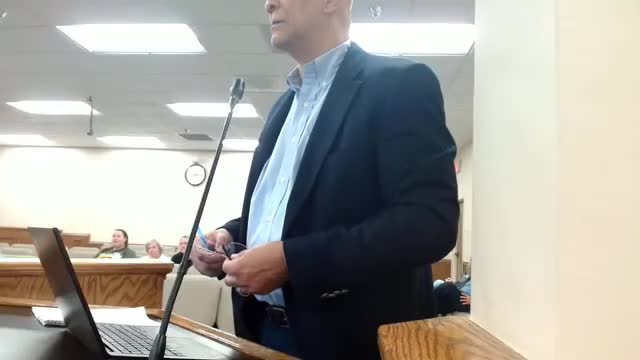
Planning commission recommends denial of proposed 155‑ft cell tower after staff finds application noncompliant with tower‑search affidavit
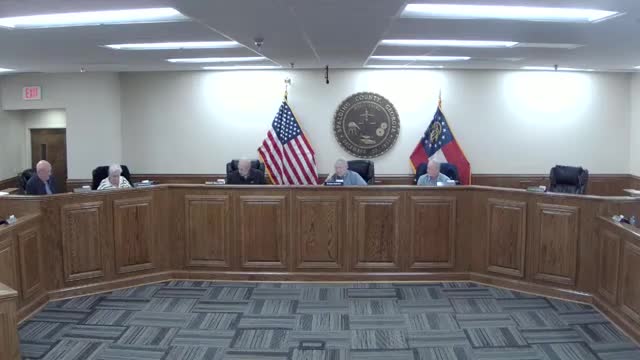
Planning commission recommends special exception to keep replacement manufactured home, with condition to meet size or variance requirements
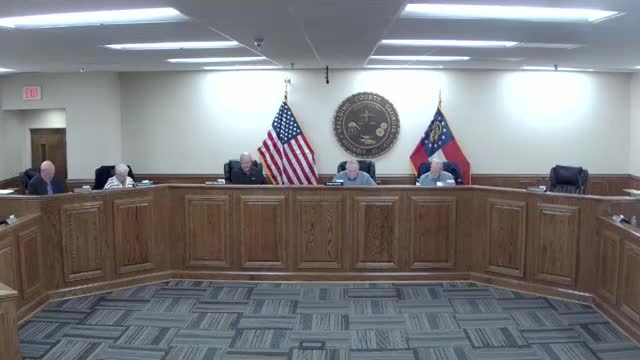
Commission recommends approval of rezoning for beekeeper’s 2.22‑acre property with roadside‑stand condition
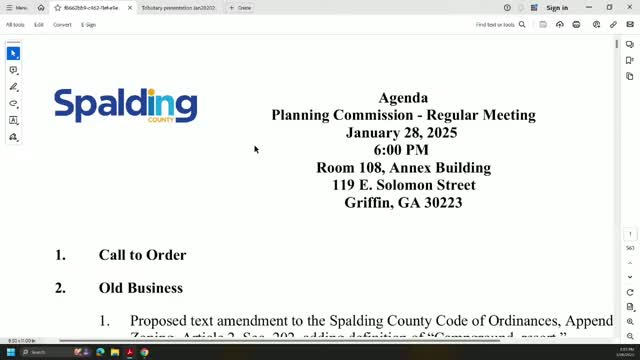
Spalding County Planning Commission elects Upshaw as chair, Ballard as vice chair
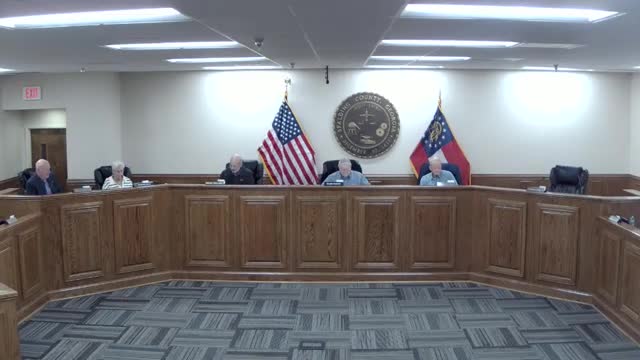
Spalding County planning commission tables proposed 'campground resort' zoning change after hours of public opposition
